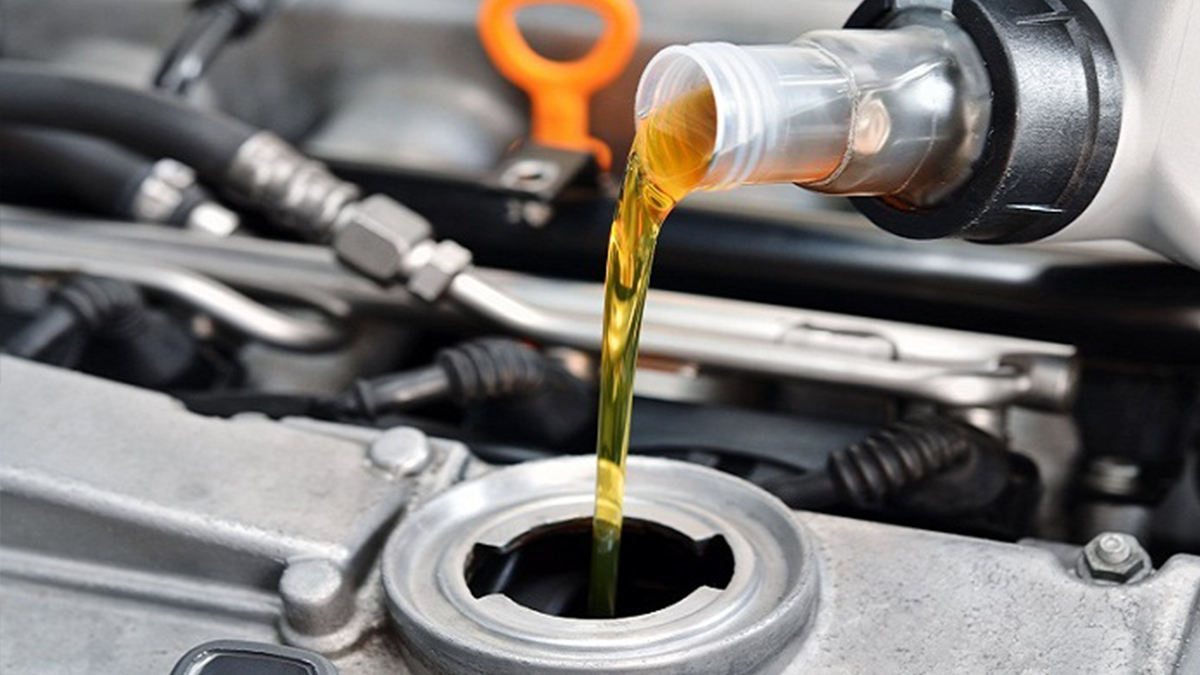Heating oil lasts 18–24 months if stored correctly with proper additives.
- 500 litres: ~2–3 months in winter
- 200 litres: ~2–4 weeks in winter
- 1000 litres: ~4–6 months in winter
These durations depend on your home’s insulation, boiler efficiency, and heating habits.
How Long Does Heating Oil Last?
Heating oil is widely used in the UK, especially in homes not connected to the National Gas grid. Around 1.5 million households rely on heating oil for warmth and hot water.
When stored correctly in a sealed, well-maintained tank, heating oil remains stable for 18 to 24 months. With additives, it can even last longer without spoiling. If you have leftover oil after winter, you can safely reuse it next season.
What is the Typical Lifespan of Heating Oil?
Heating oil (including kerosene) usually lasts 18–24 months, but factors such as moisture, bacteria, and rust can reduce efficiency.
- Optimal Storage: Weather-proof tanks can extend lifespan up to 2–5 years.
- Degradation: Oil breaks down over time due to bacteria or sediment.
- Older Oil: Older fuel may still burn but produce less heat and risk boiler shutdowns.
How Should You Store Heating Oil in Winter?
Proper storage is key to maximising lifespan:
Tank Location and Placement
- Keep tanks away from sunlight, flood zones, and hazards.
- Maintain 1.8m clearance from doors, vents, and ignition sources.
- Install on a flat, incombustible base like concrete.
- Consider bunded tanks near water sources.
Tank Maintenance
- Inspect tanks regularly for leaks or corrosion.
- Keep tanks full in warmer months to reduce condensation.
- Schedule professional cleaning to prevent sludge buildup.
Regulations
- Comply with Building Regulations Section J (fire safety) and local oil storage rules.
Why Heating Oil Is Popular in the UK
Efficiency: Modern condensing boilers recycle exhaust heat.
Safety: Non-explosive at room temperature.
Reliability: Less impacted by power cuts.
Cost-Effective: Lower summer prices, fewer maintenance costs.
Remote Use: Ideal for off-grid rural homes.
Future Savings: Bioheat blends reduce costs and emissions.
(Read more in our blog: What is Kerosene and How is it Used?)

Factors Affecting the Lifespan of Heating Oil
- Storage Conditions: Temperature, sunlight, moisture.
- Environmental Factors: Weather, humidity, soil corrosion.
- Oil Quality: Refined fuels and additives last longer.
- Tank Maintenance: Clean, leak-free tanks extend fuel life.
- Usage: Efficient systems and insulation reduce consumption.
How Long Should 500/200/1000 Litres of Heating Oil Last in Winter?
500 Litres
Lasts 2–3 months in winter for a medium UK home. Requires ~4 refills per year.
200 Litres
Burns faster, lasting 2–4 weeks in cold snaps, depending on boiler efficiency.
1000 Litres
Typically lasts 4–6 months, ideal for well-insulated homes or milder winters.
How to Make Heating Oil Last Longer
- Insulate your home to reduce heat loss.
- Use a programmable thermostat for smart heating control.
- Seal draughts around windows and doors.
- Schedule annual boiler servicing.
- Add fuel stabilisers and biocides to prevent sludge and bacteria.

FAQs
Does heating oil go bad after 2 years?
Yes. It starts degrading after 18–24 months, reducing efficiency and increasing boiler strain.
Is it cheaper to buy heating oil in summer?
Yes. Buying during summer or off-peak months often secures lower prices.
How can I make heating oil last longer in winter?
Proper insulation, efficient boiler use, and regular tank maintenance can cut consumption significantly.
123 Oil – Secure Your Winter Supply Today!
At 123 Oil, we help you get the most out of every litre. Whether you need 500, 200, or 1000 litres, our experts can guide you on storage and usage.
Contact Us Today for a free quote and prepare your home for an affordable, warm winter!










